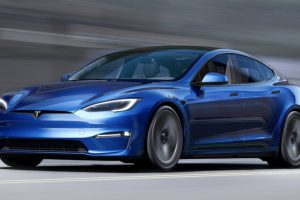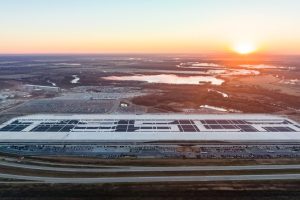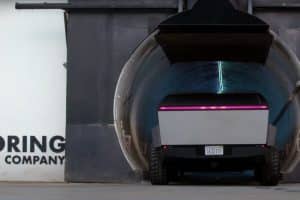- 🚫 Elon Musk canceled the Tesla-Costco partnership in Taiwan.
- 🇹🇼 Tesla planned to sell EVs through Costco in Taiwan but the program was not approved by Musk.
- 🛍️ Other car companies, such as General Motors, have used Costco to offer exclusive deals.
- 🚗 Tesla prefers its direct-to-consumer sales model for selling vehicles.
- 📉 Direct-to-consumer sales model helps avoid the stress and hassle of traditional dealerships.
Elon Musk has once again made headlines with his decision to terminate the planned partnership between Tesla and Costco in Taiwan. This move has stirred discussions within the automotive and retail industries, as both companies prepared to contemporize their business models through this collaboration. In this blog post, we will delve into the reasoning behind Musk’s decision, compare it to other automakers’ strategies, and explore the advantages of Tesla’s direct-to-consumer sales model.
Elon Musk’s Decision: A Surprise Move
On August 6, 2024, Elon Musk announced on his social media platform X that the proposed partnership with Costco in Taiwan to sell Tesla electric vehicles (EVs) had been “canned.” This decision came just hours after reports indicated that Tesla was set to utilize Costco’s extensive consumer base to bolster its market presence in Taiwan.
Musk stated unequivocally, “I just canned this program. Was not approved.” This candid admission left many wondering why Tesla’s visionary leader would pull the plug on what seemed like a promising venture.
The Dynamics of the Proposed Partnership
Tesla and Costco in Taiwan
The collaboration was intended to leverage Costco’s reach in Taiwan to offer Tesla vehicles to its members. By providing exclusive discounts and pricing options, similar to what General Motors (GM) has done successfully in the past, Tesla aimed to tap into a new audience.
General Motors: A Case Study
General Motors has been partnering with Costco for several years. The membership-only wholesaler has provided a platform for GM to offer exclusive deals to club members, creating a win-win scenario for both companies and consumers. This strategic move has helped GM enhance its market share by catering to price-sensitive customers seeking value for money.
The Direct-to-Consumer Model: Tesla’s Strength
Focus on Direct Sales
Tesla has consistently favored a direct-to-consumer (D2C) sales approach, eschewing traditional dealership networks. This model eliminates the middleman, allowing Tesla to maintain control over pricing, customer experience, and brand perception.
The Consumer Benefits
- Fixed Pricing: One of the major stressors when buying a car is the price negotiation process. Tesla’s fixed pricing removes this anxiety, providing a transparent and straightforward purchasing experience.
- Streamlined Process: The D2C model simplifies the car-buying process, reducing the time and effort spent in dealerships.
- Enhanced Customer Service: By dealing directly with Tesla, customers receive a more personalized and consistent service from the point of inquiry to after-sales support.
Contrasting Strategies: Costco vs. Direct Sales
The Appeal of Costco
- Widespread Reach: Costco’s extensive membership network provides manufacturers like GM with a broad audience.
- Exclusive Deals: Club members benefit from exclusive offers and discounts, making high-value products more accessible.
Tesla’s Unique Path
- Brand Integrity: By maintaining a D2C model, Tesla ensures that all customer interactions align with its brand values and quality standards.
- Market Control: Direct sales allow Tesla to respond quickly to market demands and changes without the lag introduced by intermediaries.
Expert Opinions
Automotive industry experts have varied opinions on Musk’s decision to cancel the Costco partnership. Some view it as a missed opportunity to expand Tesla’s market presence in Taiwan rapidly. However, others believe it underscores Tesla’s commitment to its direct-sales ethos, a model that has undeniably contributed to its success.
Conclusion
Elon Musk’s decision to cancel the Tesla-Costco partnership in Taiwan highlights the company’s staunch support for its direct-to-consumer sales strategy. While the partnership could have opened new avenues for Tesla in the Taiwan market, the decision aligns with the company’s long-term vision of maintaining direct control over its sales and customer experience. As Tesla continues to redefine the automotive industry, it’s clear that every move, even a cancellation, is calculated and forward-thinking.





